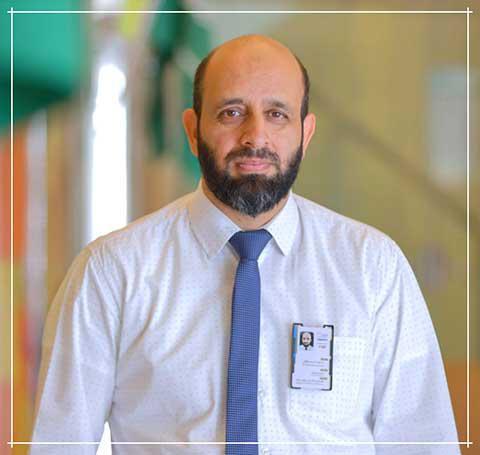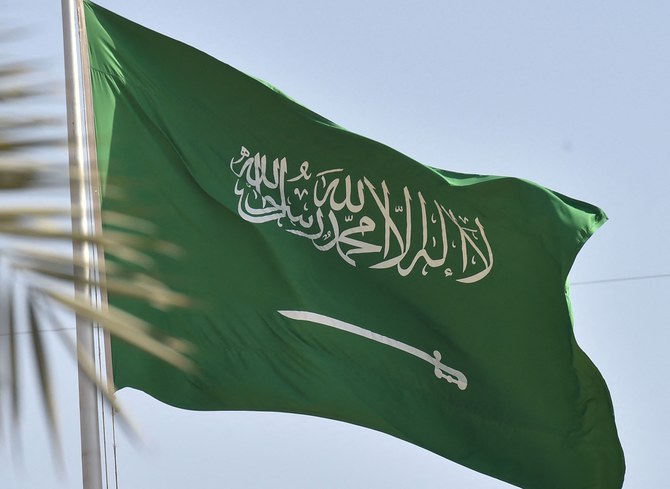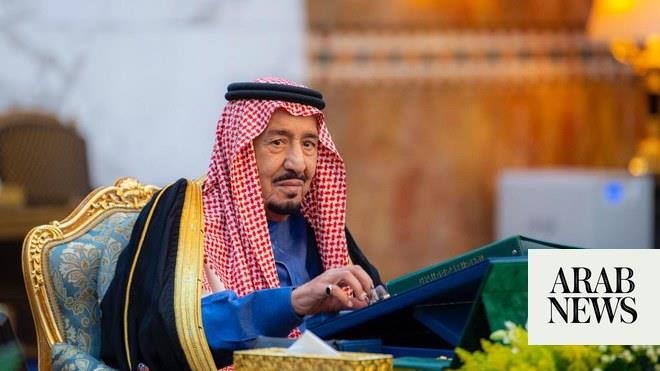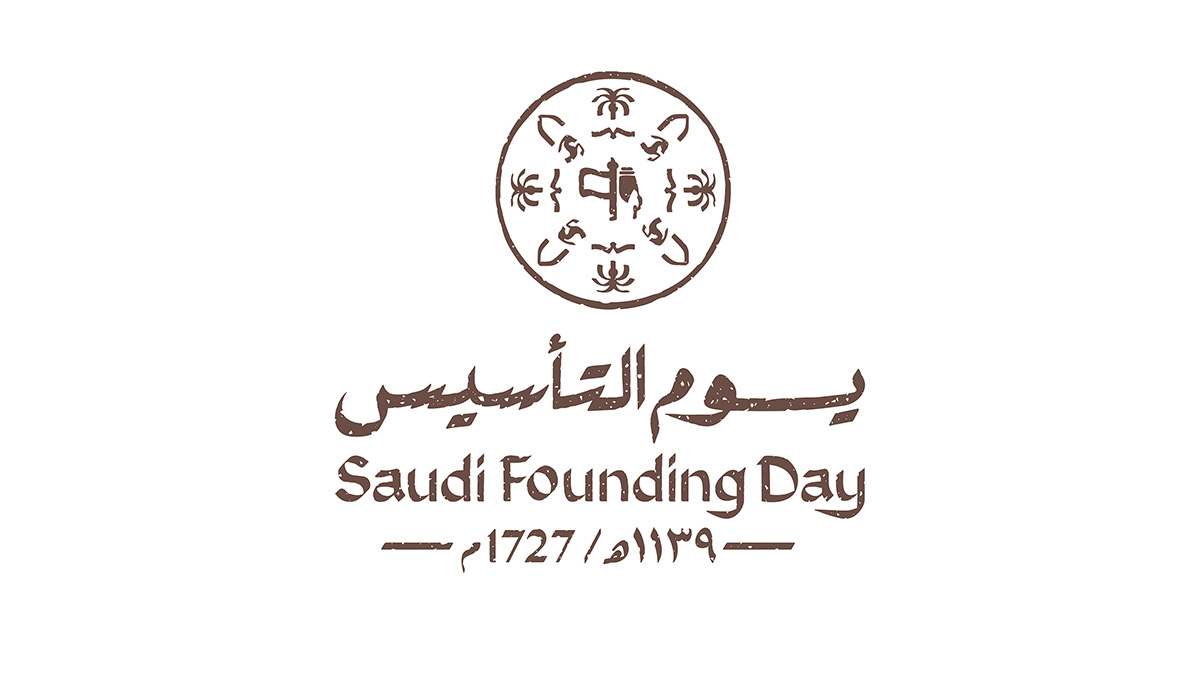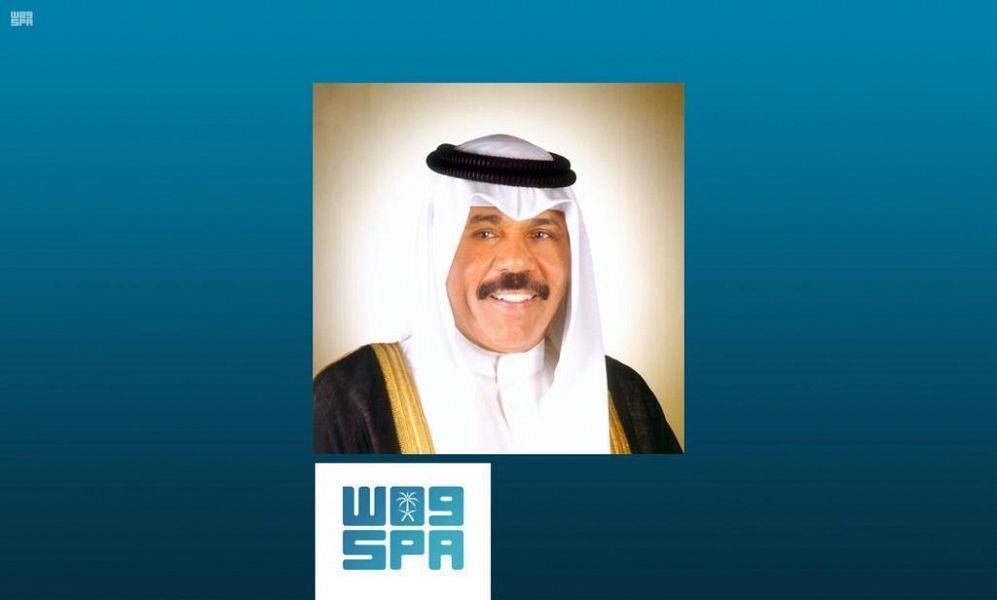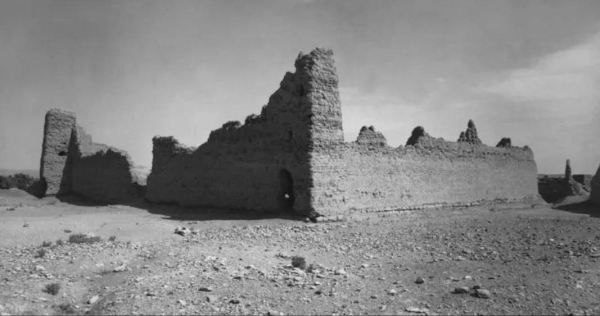
King Salman last month issued a royal decree that declared Feb. 22 every year an official countrywide holiday to commemorate the nation’s “Founding Day” — a decision that was far from being normal protocol.
King Salman is known for his passion for history, his detailed knowledge of the tribes and families of the Arabian Peninsula, and the biography of the transformations that have taken place and the historical battles that have been fought. You will find his visitors always passionately listening to his conversations.
The King Abdulaziz Foundation for Research and Archives, known as Darah, was established in 1972 to serve as a body specializing in the service of the history, geography, literature and heritage of Saudi Arabia, the Arabian Peninsula and the Arab world. King Salman chairs Darah’s board of directors, not only because he is a member of the ruling family but also because he has a personal interest in Saudi history. Hence the significance of the decision to commemorate Feb. 22 as the nation’s Founding Day — marking the foundation of the first Saudi state in 1727 by Imam Mohammed bin Saud.
Mohammed Bin Saud ruled Diriyah in central Arabia after uniting its separate parts, establishing security and stability there, protecting convoys and providing an environment in which people could trade, farm and do business without fear of bandits, tribal raids or robberies.
Providing a safe environment was a difficult endeavor, as the tribes usually fought with and wanted to control each other. Uniting these tribes was an important political achievement that paved the way for Bin Saud to lay the first building block of the city state, which was the initial formation of the broader state.
Historians have neglected the year 1727 despite its importance, always focusing on 1744. The main reason for this is that the majority of Saudi storytellers and historians were influenced by the early historians who focused on the support of Imam Muhammad bin Saud to the religious reformation movement in 1744 neglecting about 18 years and achievements of the founder Imam Muhammad bin Saud.
Religion, which had a major impact on the lives of the people in the Arabian Peninsula, was at the core of the biography written about the formation of the first Saudi state, although the real political action took place about 18 years earlier. We should not lose sight of the fact that Muhammad bin Abdul Wahab left his town of Al-Uyaynah after being rejected by its ruler, and went to Bin Saud, who gave support as part of his endeavour to reform the society.
Therefore, Bin Saud did not turn to Muhammad bin Abdul Wahab, but rather the opposite happened. The cleric used the politician with the aim of protecting him and spreading his call.
New holiday commorates the historical foundations of the state as a living entity that develops and continues.
Hassan Al-Mustafa
Thus, the Saudi government’s announcement of Founding Day is a correction of the historical narrative that has prevailed for years. It also consolidates the political-civil foundations of the state as a living entity that develops and is not framed by a specific doctrinal call.
Radical Islamists, whether traditional Salafist or political Islam movements — such as the Muslim Brotherhood and Al-Srouria, or the “Srouri current,” which is a mixture of Brotherhood ideas and Salafist ideology — supported the idea of “imam and sheikh” duality for political purposes, namely enjoying a special status. This special status enabled them to take part in governing the state or undermine its legitimacy whenever they wanted, as one of the pillars of this legitimacy, i.e., the clerics.
Founding Day abolishes this political-religious duality and makes the national state the reference point for individuals living within it, regardless of their religion or doctrines. Founding Day anchors its legitimacy in the social contract between the government and the people, which is based on citizenship, the rule of law, justice and meeting the needs of citizens and residents, meaning a modern civil legitimacy, not one based on religion.
This act is like a revolutionary change in the social, cultural and even religious concepts in Saudi Arabia because it corrects the history of the foundation of the state and puts in place a new narrative, commensurate with the ambitious goals that Vision 2030 wants to achieve.
Saudi Arabia’s political leadership recognizes that Vision 2030 cannot achieve its goals by relying only on the economy and diversifying the Kingdom’s sources of income. There must also be profound changes, even if they might be shocking to some or if they correct history, making it different from the narrative that has dominated for decades
Henceforth, Founding Day separates two periods and prioritizes the secular nature of the state, with religion being a personal matter between a person and the Creator. Individuals have the right to practice their religious beliefs and rituals under the cover of the law, which guarantees this right. But the state will not be held hostage to outdated historical circumstances.
Hassan Al-Mustafa is a Saudi writer and researcher interested in political movements, and the relationship between the Gulf Cooperation Council states and Iran. Twitter: @Halmustafa





